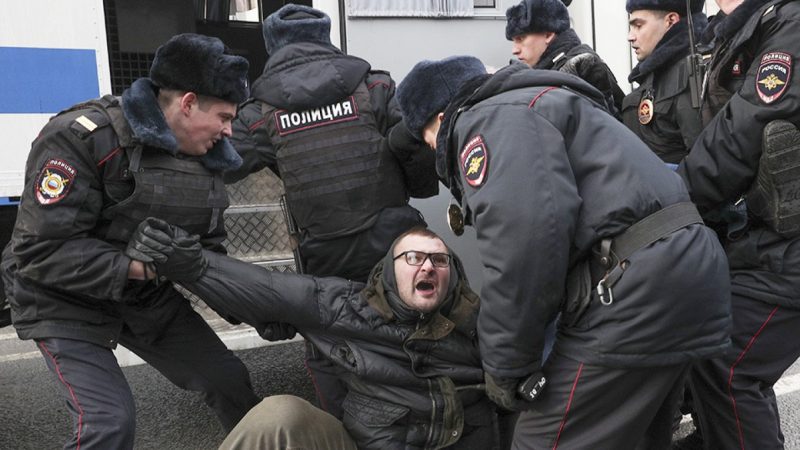By: Genna Amick
Journal of Global Rights and Organizations, Associate Articles Editor
MOSCOW, Russia – On April 9, 2020, the European Court of Human Rights (“ECHR”) ruled on the admissibility of six applicants who applied for compensatory damages under Russia’s 2019 Compensation Act.
Entering into force in January 2020, the Compensation Act provides detainees who are held in pre-trial detention facilities with financial compensation if they suffered from inadequate detention conditions that violated national or international standards. Russia adopted the Compensation Act in response to rulings from two earlier cases from the ECHR, which required that Russia take action regarding the inhumane, degrading conditions of their pre-trial detention centers.
One of the main issues faced by pre-trial detention centers in Russia is overcrowding. This has been a problem for years, likely due to Russian courts approving prosecutorial requests for pre-trial custody in 90.7% of cases. The complaints of the six applicants in this case all involve alleged overcrowding.
The applicants, who filed on various dates in 2017 and 2018, relied on both Article 3 and Article 13 of the European Convention. Article 3 prohibits inhuman or degrading treatment. Applicants used Article 13, which ensures the right to an effective remedy, to complain that Russia lacked an effective domestic remedy for their inhumane pre-trial detention conditions. Although the applicants filed their complaints two to three years before the Compensation Act went into effect, the Court did not review their applications until after the Act was in effect. Therefore, all six applicants’ claims were deemed inadmissible as the Court held that the Compensation Act is an effective domestic remedy to their claims.
The ECHR found the Compensation Act to be an effective method of compensatory redress for applicants who had already been released from a pre-trial detention center but had suffered through improper detention conditions while there. The Court based this ruling on a number of factors, such as that the remedy has the requisite procedural guarantees, it is accessible to the people who may need it, and it offers applicants a reasonable likelihood of success. The Court also based their decision on an assumption that claims would be processed in a reasonable time period and that compensation would be paid promptly to applicants who qualified for redress.
The Court stated that released detainees may qualify for compensation under the Compensation Act if, during their detention, they did not receive the standard amount of space per detainee that is required under Article 3 of the European Convention, which is 3 square meters per detainee. All six applicants’ complaints alleged they received less than 3 square meters; therefore, they are all eligible to apply for redress under the Compensation Act. Since the applicants at issue filed a few years before the Act went into effect, they have 180 days from the publication of the ECHR’s ruling to avail themselves of the remedy provided by the Compensation Act.
Despite the ECHR finding the Compensation Act to be an effective remedy for released detainees, the ECHR reserved their judgment on whether the Act can be effective as a preventative remedy for applicants who are still being detained.
For further information, please see:
Human Rights Watch – Russia’s Pretrial Prisons Vulnerable as COVID-19 Spreads – 24 Mar. 2020
